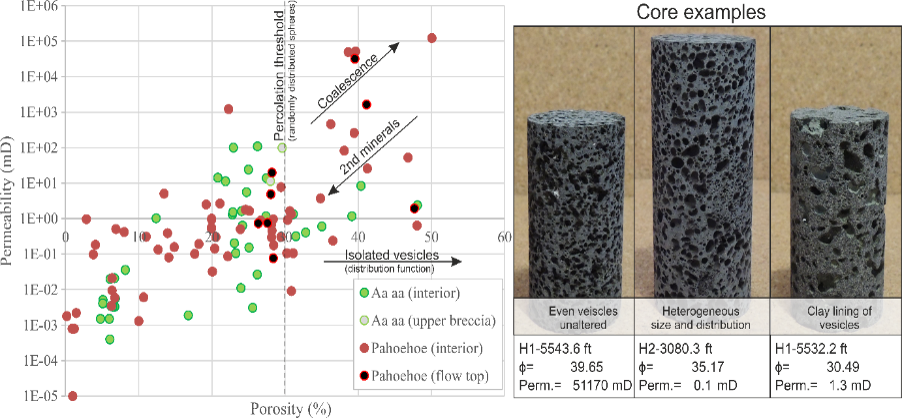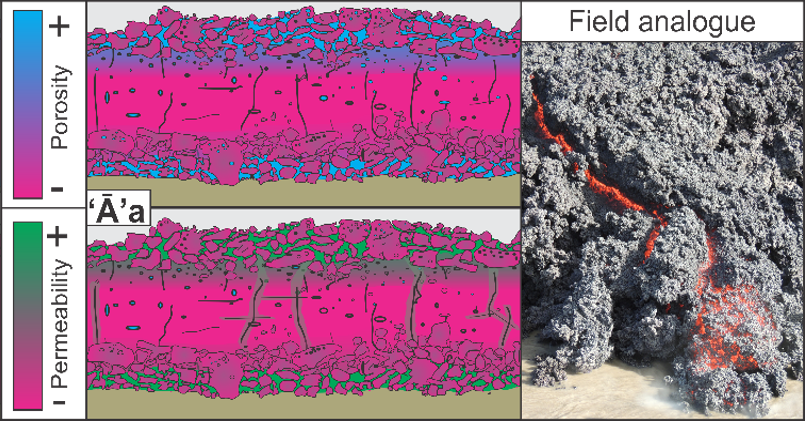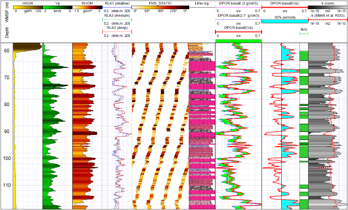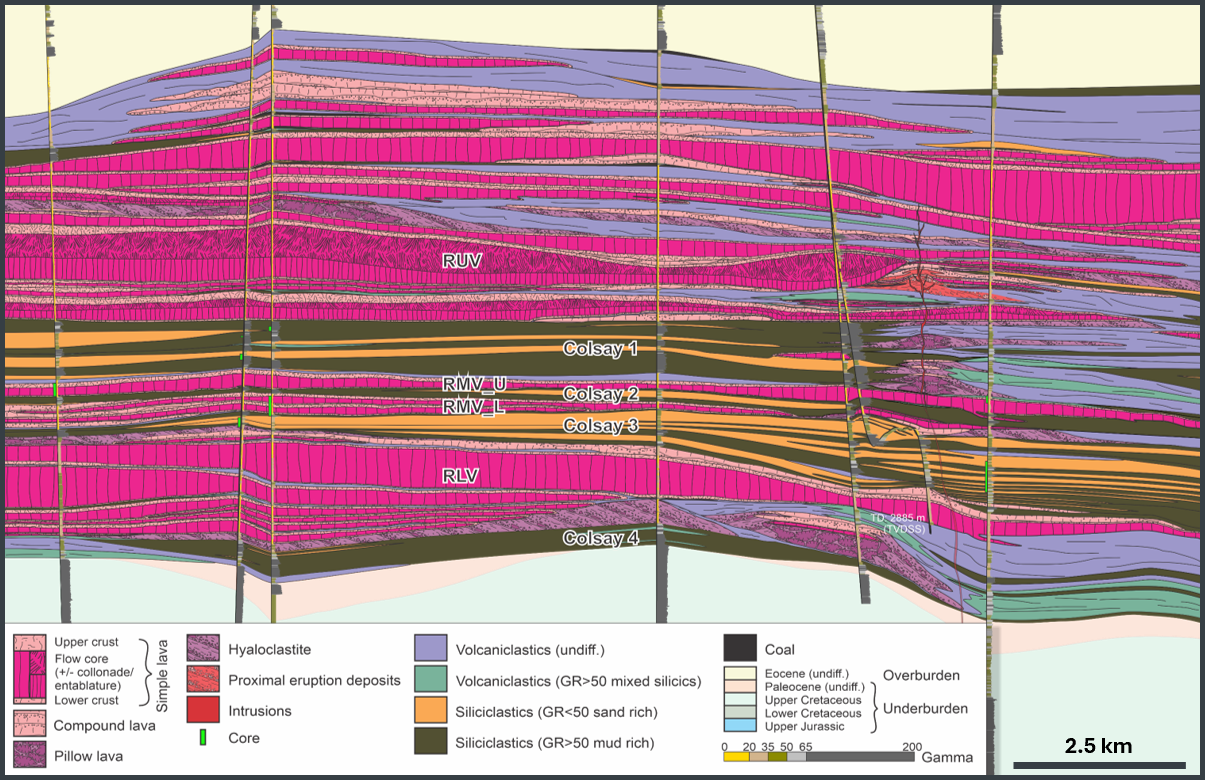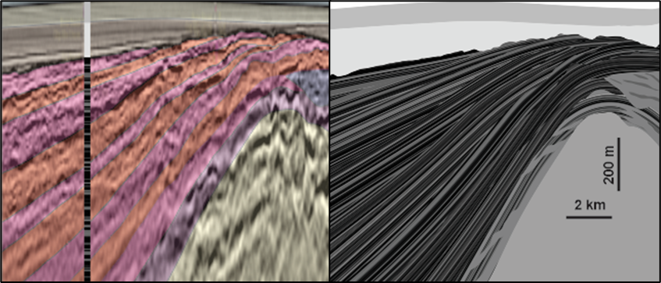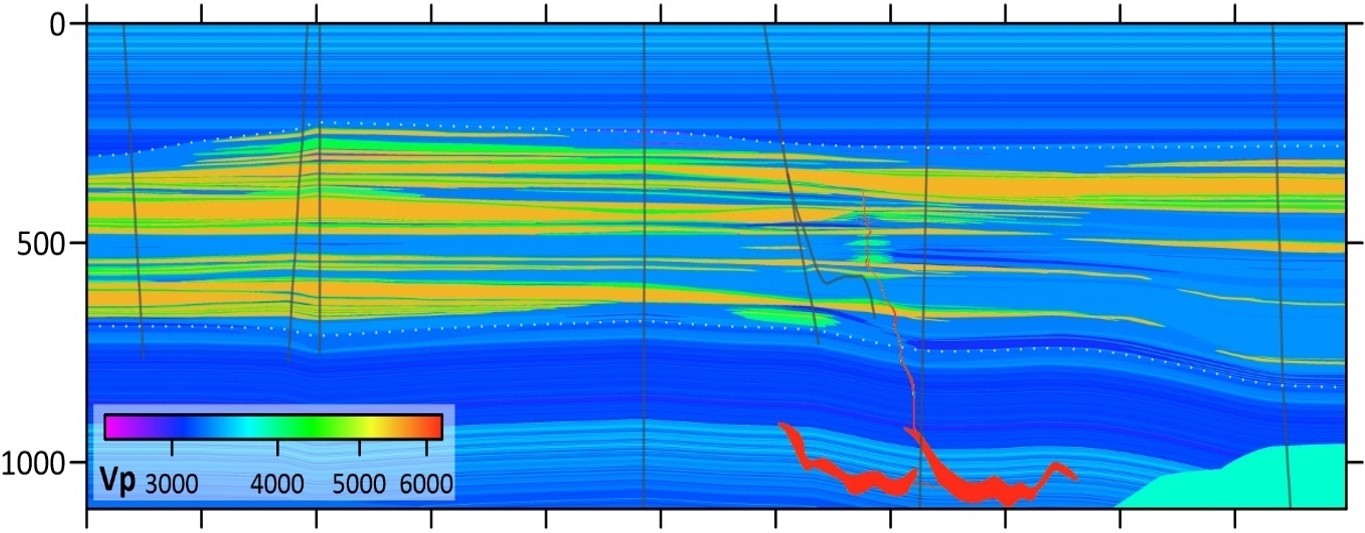
LOGi | Center for Igneous Reservoir and Borehole Research
Objective: Develop and apply fit-for-purpose approaches for igneous reservoir and borehole characterization for energy companies
Audience: Energy companies exploring and operating in volcanic basins, seeking bench-mark igneous reservoir and borehole approaches to ensure effective resource appraisal and management
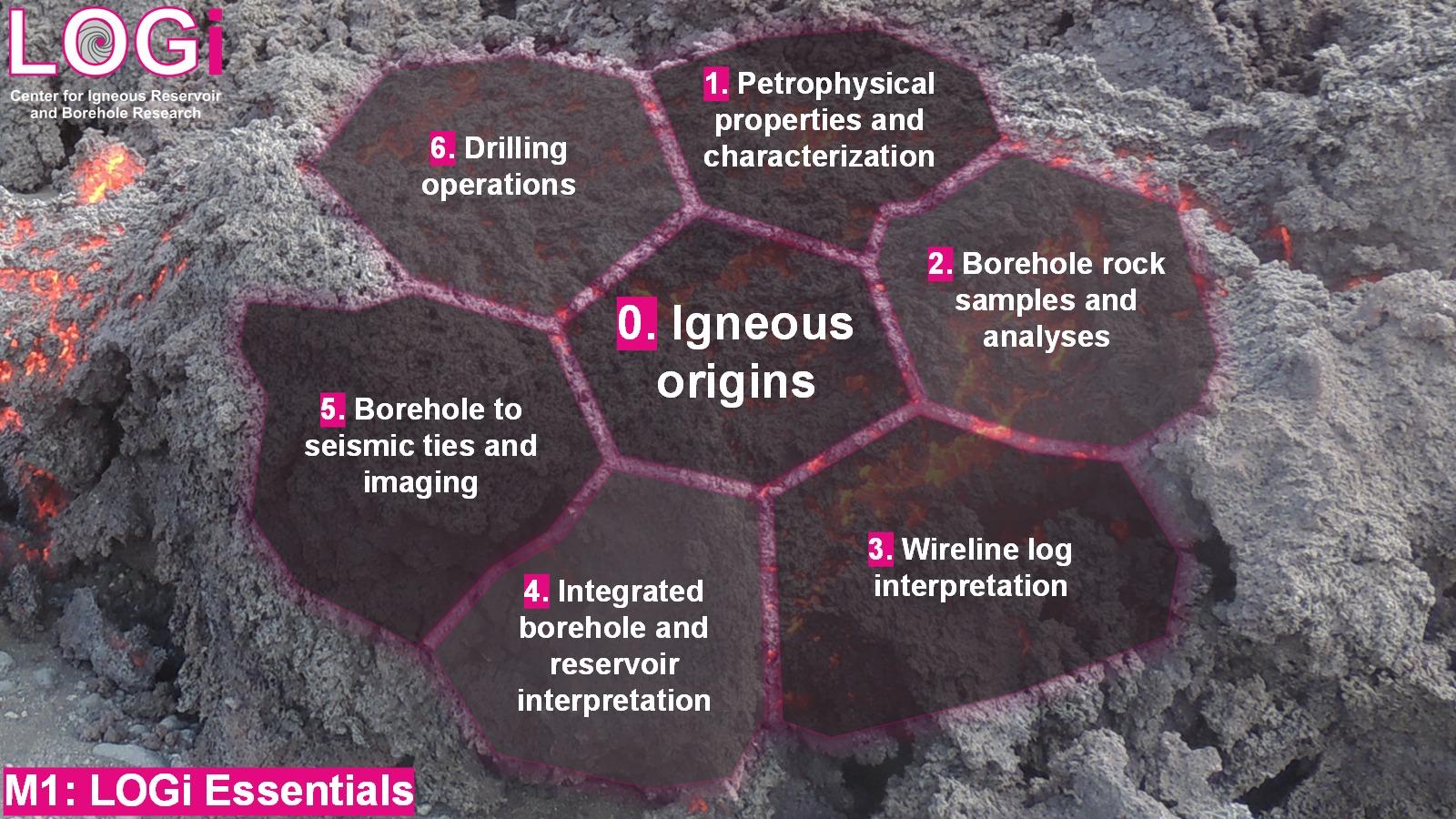
Motivation
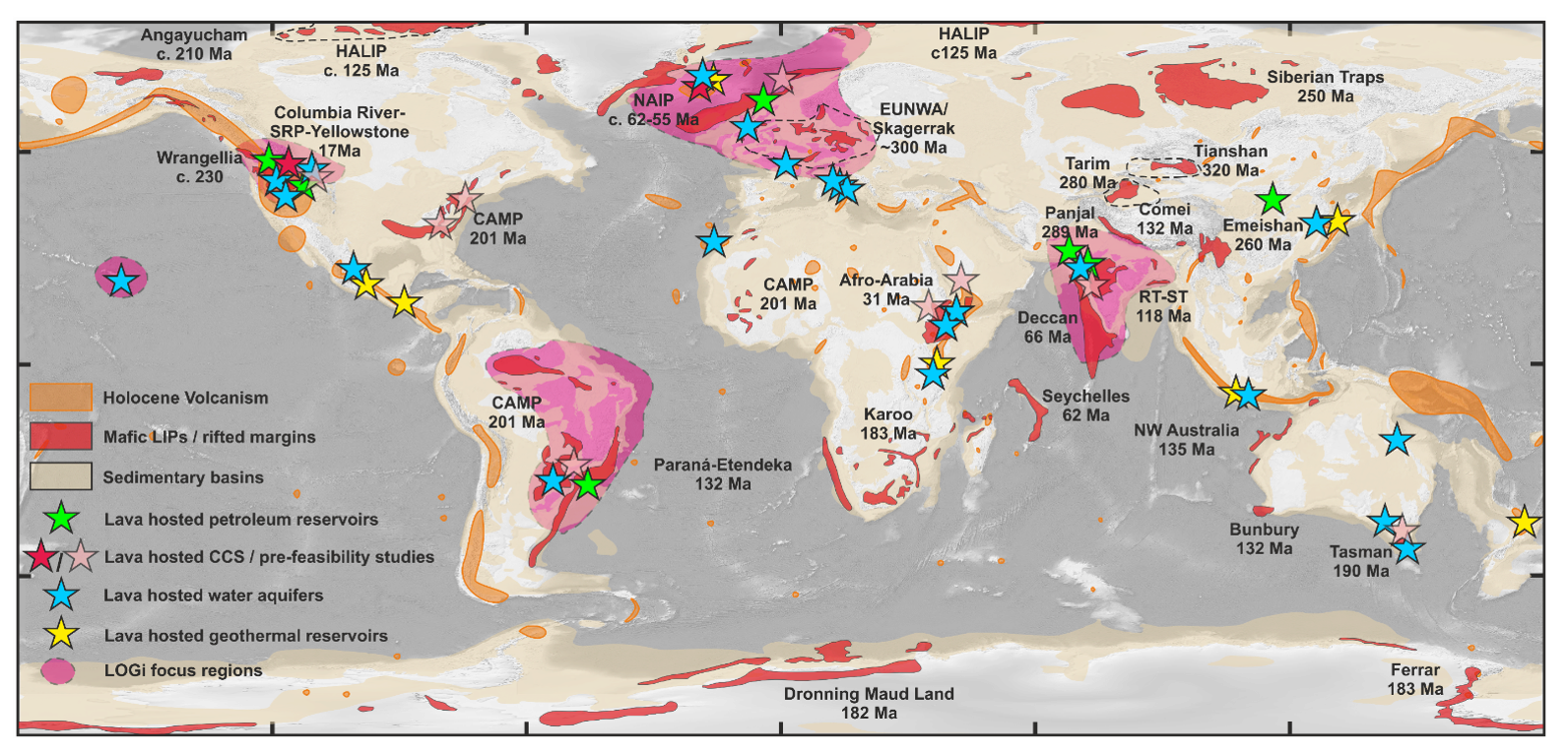
1.Globally 100,000’s of wells have penetrated igneous rocks in volcanic basins targeting hydrocarbon, drinking water, and geothermal reservoirs, alongside CO2 and hydrogen storage.
2.Igneous sequences have fundamentally different reservoir properties than conventional reservoirs and require specialized approaches for drilling and formation evaluation.
3.Appropriate identification and characterization of igneous reservoirs and deposits leads to new exploration opportunities and reduced development risks.
Challenges
1.Igneous borehole appraisal techniques are often highly simplified comprising ‘igneous rocks’, ‘volcanic rocks’, or ‘unidentified igneous rocks’, and produce results entirely inadequate for meaningful formation evaluation.
2.Well-documented approaches for igneous rock formation evaluation are relatively few and are not yet widely applied.
3.Drilling through igneous sequences can introduce challenges which increase operational time and costs if not anticipated and mitigated effectively.
4.Major investment and operational decisions relating to volcanic basin exploration and development projects are made against a backdrop of unnecessarily high uncertainty.
5.Billions of barrels of oil equivalent are proven in fields that are hosted or influenced by igneous rocks, and a number of prospective basins have igneous and igneous associated reservoir potential that is untested.
6.Igneous rocks will play a major role in the energy transition as CO2 storage reservoirs, but this potential is poorly constrained due to a lack of knowledge of the reservoir properties and performance.
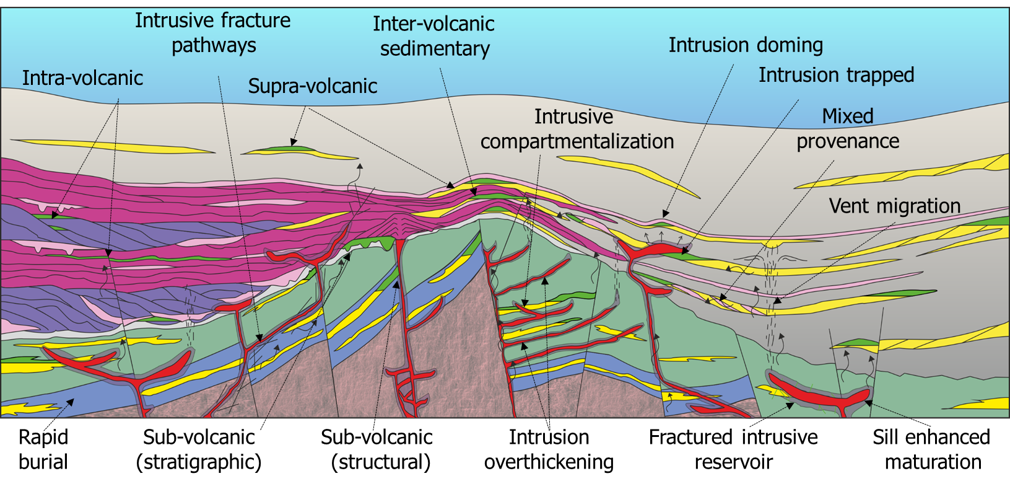
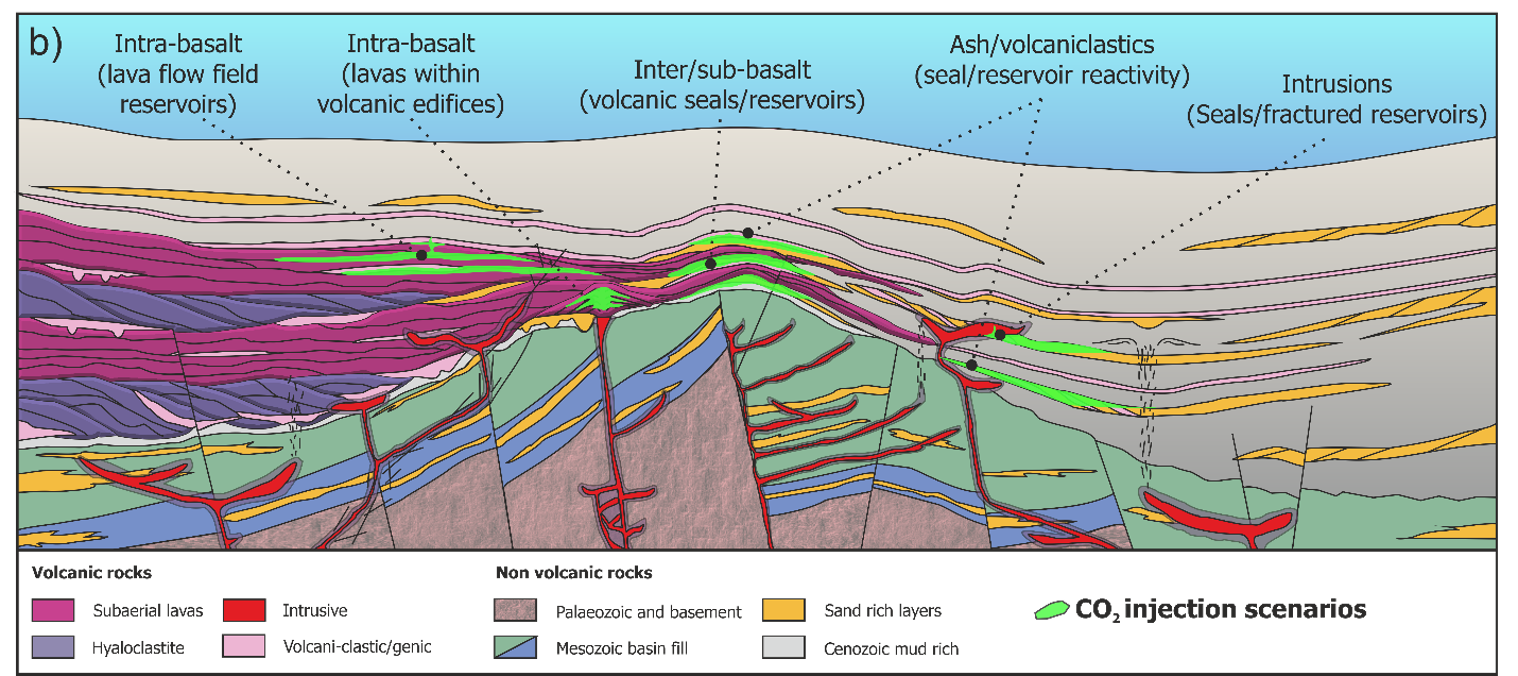
Solution
1.LOGi will develop new fit-for-purpose approaches to characterizing igneous rocks and igneous reservoirs relevant for sub-surface exploration and development activities in volcanic basins.
2.The LOGi approach will be developed based on extensive industry borehole and seismic databases in key regions such as the South and North Atlantic margins.
3.LOGi will give participating companies the insights and tools necessary to identify new exploration opportunities, improve production efficiency, and gain critical knowledge for navigating the energy transition.
4.LOGi will build on 25 years of close collaboration and expertise in volcanic basin exploration between TGS and VBER.
